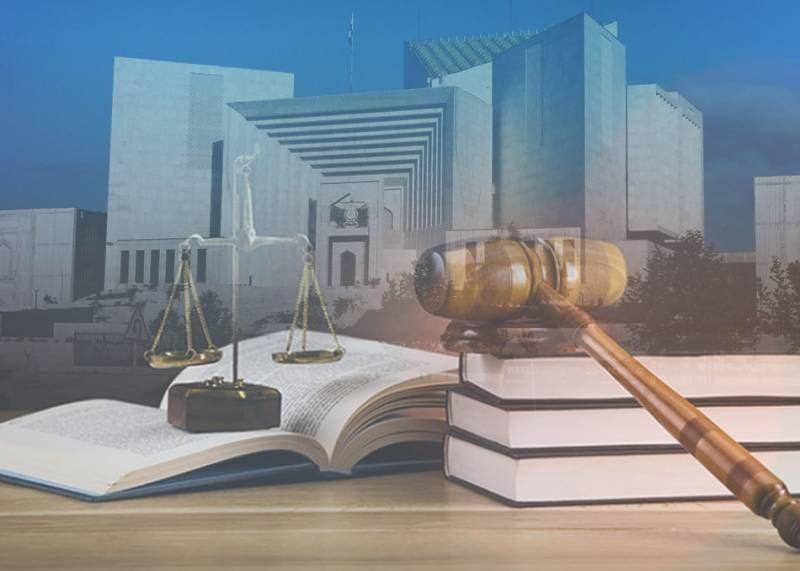ISLAMABAD – The Supreme Court on Thursday adjourned the hearing of petitions filed against the Supreme Court (Practice & Procedure) Act, 2023 after the Attorney General for Pakistan (AGP) Mansoor Usman Awan told the government would review the legislation that aims at curtailing the powers of the chief justice.
An eight-judge larger bench of the apex court headed by Chief Justice Umar Ata Bandial and comprising Justice Ijazul Ahsan, Justice Muneeb Akhtar, Justice Mazahar Ali Akbar Naqvi, Justice Muhammad Ali Mazhar, Justice Ayesha Malik, Justice Hasan Azhar Rizvi and Justice Shahid Waheed heard the petitions and adjourned the hearing till next week shortly after it was resumed.
On April 13, the larger bench had barred the implementation of the law. However, on April 21, the bill notified as law despite restraining orders of the top court.
The Supreme Court (Practice and Procedure) Act, 2023 establishes a three-member committee consisting of senior judges, including the chief justice, with the power to take suo motu notice. The act aims to ensure transparent proceedings in the apex court and includes the right to appeal. The formation of benches is also addressed, with the committee comprising the CJP and the two senior-most judges responsible for constituting every cause, matter or appeal before the court to be heard and disposed of by a bench, with decisions taken by a majority.
Matters invoking the use of Article 184(3) would first be placed before the committee for review of their public importance with reference to the enforcement of fundamental rights. For the interpretation of the Constitution, a bench comprising no less than five apex court judges would be established. Appeals against any verdict under Article 184(3) would have to be filed within 30 days of the bench’s order for a larger SC bench and would be heard within 14 days.
The act extends this right of appeal retrospectively to those aggrieved persons who were subject to an order under Article 184(3) prior to the act’s commencement.
The law envisages a three-member committee, comprising the CJP and two senior-most judges, which will via majority form benches as well as decide when to take suo motu action — powers that currently reside with the CJP alone.
After the apex court suspended the law, the parliament approved another version of it, removing sections related to limiting the powers of the top judge but including those on the court’s review jurisdiction in suo moto cases. The new law, titled ‘The Supreme Court (Review of Judgements and Order) Act 2023’ was enacted last week.
During today’s hearing, the AGP said the said law also has other aspects other than the CJP’s powers. He said there are two laws that have similarities in the sections of review and hiring a lawyer.
He said the Supreme Court (Practice & Procedure) Act, 2023 was more extensive as it carried provisions regarding the internal affairs of the court. He said it was essential to decide which of the two laws should be followed.
At which, the CJP said the government should hold consultation with the judiciary while making laws related to it. Later, he adjourned the hearing till next week.













